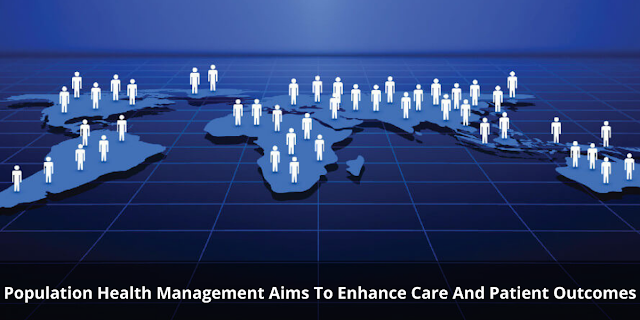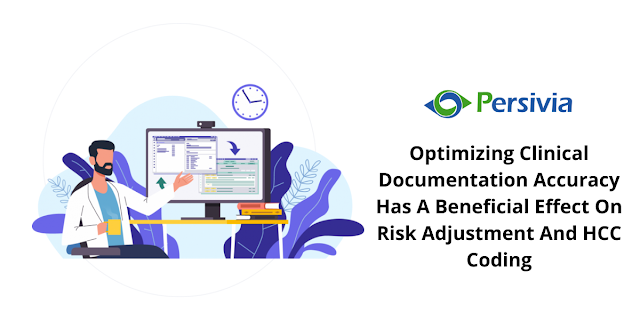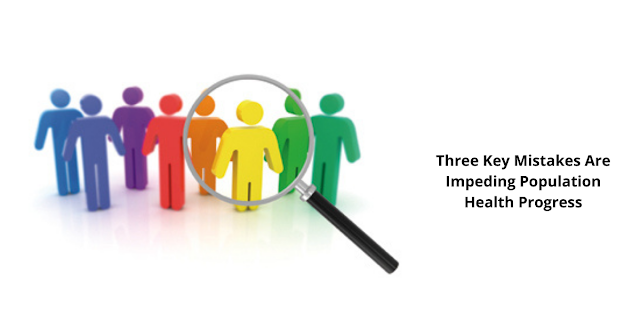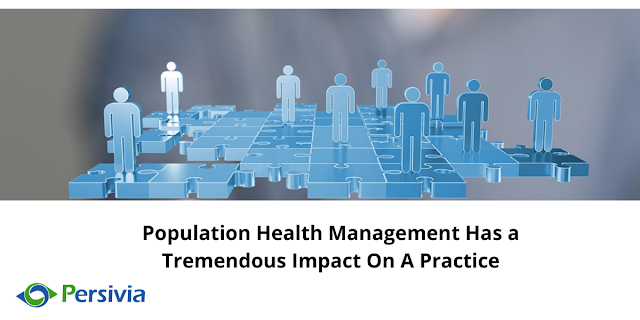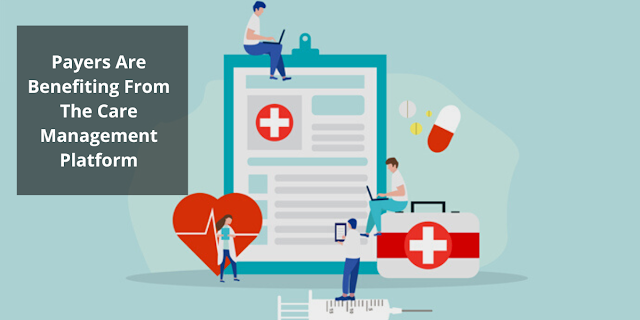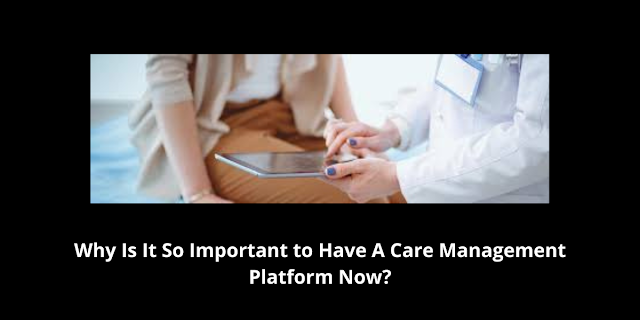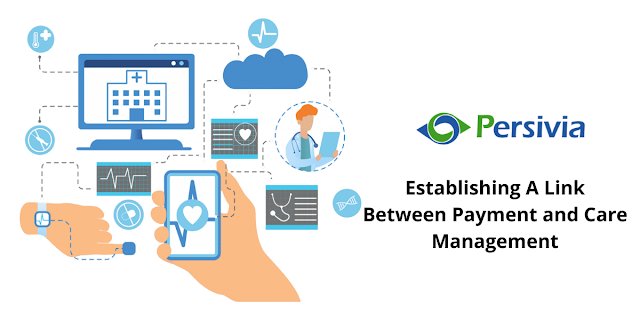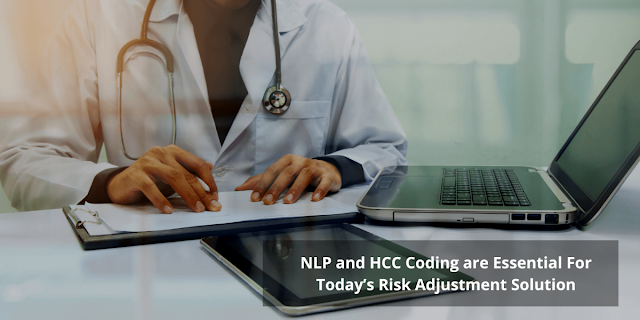Is Coding Accuracy Sufficient To Fulfill Risk Adjustment Challenges?

With technological innovation, healthcare companies want suppliers that can supply business analytics to manage the Risk Adjustment (RA) process from beginning to finish. This can help to overcome the obstacles of Risk Adjustment with a complete Risk Adjustment Solution that is very effective. There are Information Technology suppliers who provide the necessary tools to increase predictive analytics, collect indicated but unaccounted for ailments, chase health records with the best likelihood of providing more reimbursement, and represent the real burden of the member community. The adaptable and customizable approach centralizes the Risk Adjustment Solution, with analytics and outcomes in dashboards that end up looking relevant. Accuracy, timeliness, and compliance are all traits that healthcare plans strive for in their Risk Adjustment strategies. However, why do most healthcare plans only classify health records with less than 100 percent accuracy? Leaving even a small percenta
